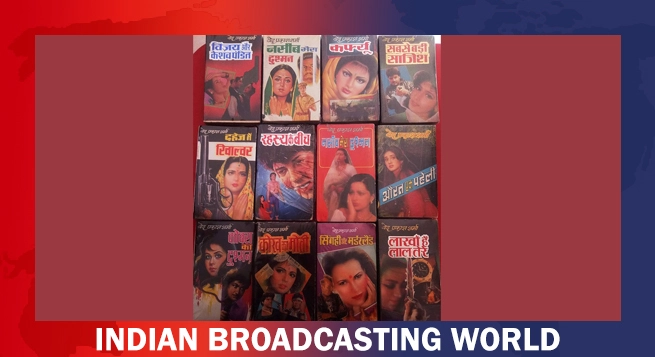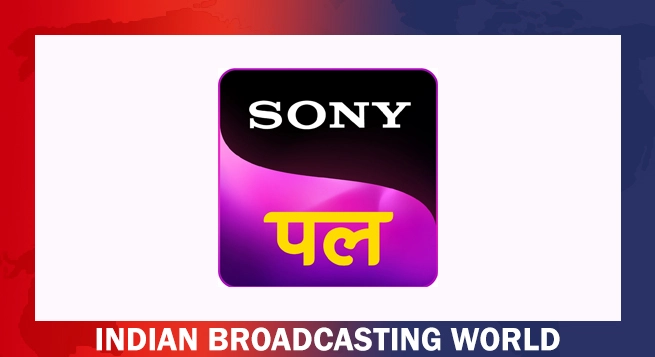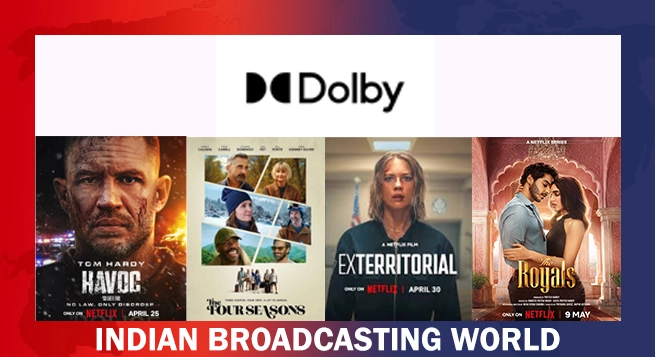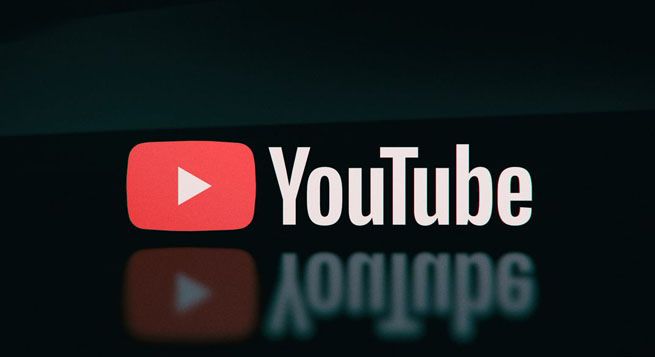Google’s YouTube won its latest copyright-infringement challenge after Europe’s top court said online platforms are not liable for users uploading unauthorised works unless the platforms failed to take quick action to remove or block access to the content.
The case marks the latest development in a long-running battle between Europe’s $1 trillion creative industry and online platforms, with the former seeking redress for unauthorised works that are uploaded, Reuters reported from Luxembourg.
It is also part of the wider debate on how much online platforms and social media should do to police the posting of unauthorised, illegal or hateful content, an issue that European Union regulators are targeting with tough new rules that could come into force next year.
“As currently stands, operators of online platforms do not, in principle, themselves make a communication to the public of copyright-protected content illegally posted online by users of those platforms,” the EU Court of Justice said.
“However, those operators do make such a communication in breach of copyright where they contribute, beyond merely making those platforms available, to giving access to such content to the public,” judges said.
The EU court said platforms could also be liable if they do not put in place the appropriate technological tools to tackle copyright breaches by their users or where they provide tools on their platforms for illegal sharing of content.
In response to the court ruling a YouTube spokesperson said: “YouTube is a leader in copyright and supports rights holders being paid their fair share.”
“That’s why we’ve invested in state of the art copyright tools which have created an entirely new revenue stream for the industry. In the past 12 months alone we have paid $4 billion to the music industry, over 30% of which comes from monetised user generated content, “ the spokesperson added.
The case underlines a long-running debate on the responsibilities of online platforms, with the CJEU giving useful guidance to national courts assessing such disagreements, said Nils Rauer, a partner at law firm Pinsent Masons.
“The core question is and remains whether the platform is in a rather passive role (no liability) or in an active role (liability). There is a fine line between those two roles,” he said.
“With today’s ruling, the domestic courts will be able to build on more guidance from Luxembourg where to draw the line between the good ones (platforms) and the bad ones,” he said.
YouTube found itself in the dock after Frank Peterson, a music producer, sued the company and Google in Germany over the uploading to YouTube by users in 2008 of several phonograms to which he holds the rights.
 NBF issues another advisory to member TV news channels
NBF issues another advisory to member TV news channels  Govt directs OTT platforms to stop airing Pak content
Govt directs OTT platforms to stop airing Pak content  Netflix to have AI-powered iOS search in TV app revamp
Netflix to have AI-powered iOS search in TV app revamp  India sets up panel to review copyrights laws, AI disputes
India sets up panel to review copyrights laws, AI disputes  Can Trump’s foreign movie tariff threat impact Indian films’ biz?
Can Trump’s foreign movie tariff threat impact Indian films’ biz?  ZEEL appoints Rohit Suri as Chief Human Resource Officer
ZEEL appoints Rohit Suri as Chief Human Resource Officer  Ved Prakash Sharma’s bestselling novels to get film adaptations
Ved Prakash Sharma’s bestselling novels to get film adaptations  Ultra Play celebrates iconic Bollywood mothers with content lineup
Ultra Play celebrates iconic Bollywood mothers with content lineup  Sony PAL records 15.6% weekly reach in Week 17: BARC Report
Sony PAL records 15.6% weekly reach in Week 17: BARC Report  Dolby announces Mother’s Day special content lineup
Dolby announces Mother’s Day special content lineup 








